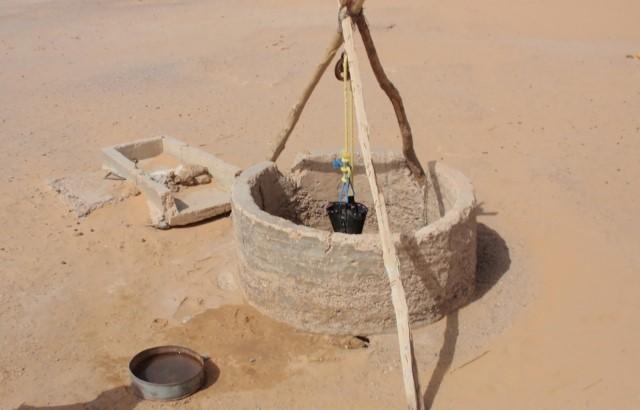
Prelude:
Praise: All together
Special Praise: Ocarina, "Dying with Jesus"
Bible Reading: John 4:3-29
Message: Title: "Water That Never Runs Dry"
Prayer: Missionary Michio
Holy Communion
Prayer of Thanksgiving: Pastor Megumi
Postlude:
Message: Gospel of John (6) October 17, 2021
Bible: Gospel of John 4:3-29
Last time, I talked about the encounter of Jesus Christ with Nicodemus, a Jew and a very elite member of the Pharisees. This time, we will see a person who is the complete opposite of him (unfortunately, her name is not written there.) She is commonly known as the "Woman of Samaria.
Jesus Christ and His disciples were passing through the Samaria region on their way from Jerusalem to Galilee. There are two ways to get to Galilee. The shortest way is through Samaria, but there was another reason why they chose this route. We will see later. First, let's start with the historical background.
It was the famous king David who unified Israel. His son and successor, King Solomon, further prospered the kingdom. However, the kingdom soon split after Solomon's death, and in 931 BC, it was divided into the Kingdom of Southern Judah and the Kingdom of Northern Israel. Samaria was the capital of the Northern Kingdom of Israel, but it was attacked by the Assyrians in 722 BC and fell, and the people of the ruling class were taken to Assyria as captives. At the same time, they brought different ethnic groups to Samaria, and as a result, intermarriage with pagans began and came into idolatry. Meanwhile, the Southern Kingdom of Judah also fell and was taken captive to Babylon but was allowed to rebuild the temple in Jerusalem and return. At that time, the Samaritans offered to help rebuild the temple, but Jews rejected their offer.
Because Jews hated the Samaritans as people who were not faithful to the Jewish faith. This led to a strong feud between the Samaritans and the Jews. In opposition to the Jerusalem Temple, the Samaritans built their temple on Mount Gerizim and created their own "Samaritanism," using only the 5 books of Moses as their canon.
2) Mount Gerizim: After the Israelites left Egypt and invaded Canaan, Joshua, the successor of Moses, gathered the people here and formed a religious union. Since then, it has become an important religious site. fell and was taken captive to Babylon, but was allowed to return and rebuild the temple in Jerusalem. At that time, the Samaritans offered to help rebuild the temple but were turned down by the Jews. The reason for this was that they hated the Samaritans as people who were not faithful to the Jewish faith. This led to a strong feud between the Samaritans and the Jews. In opposition to the Jerusalem Temple, the Samaritans built their temple on Mount Gerizim and created their own "Samaritanism," using only the 5 books of Moses as their canon.
Let's get down to the main theme.
The encounter between this Samaritan woman and Jesus was at Jacob's Well.
The disciples of Jesus went to buy food and Jesus stayed at Jacob's well.
The time was around noon. Isn't it normal to fetch water early in the morning?
However, this woman came at this time of day because she was avoiding people for some reason.
The first thing Jesus does is to speak to this woman. "Can I have some water?"
The well was deep and Jesus did not have a bowl to catch the water.
The woman was very surprised at his request. She knew that Jesus was a Jewish man. Jews and Samaritans did not speak to each other.
The reason for this is because of the historical background.
It seems that Jesus' true intention is not to get water. The subject of the conversation gradually changes.
We see verse 10.
The woman thought that the "living water" was available from this Jew, and she wanted to have the well and asked Jesus where it is. Apparently, the positions were reversed.
Then, Jesus suddenly says in verse 16, "Go call your husband and bring him here. Now, the woman was in trouble. She wanted to cover it up somehow, but she couldn't.
She had to confess her "secret".
She had been divorced from five husbands and was currently living with a man. Divorce was a time when people would give you the finger if you got divorced even once. (I guess that's still true today.) I can imagine that her life was quite disconnected from the people around her.
But Jesus didn't react with any surprise when he heard about it.
Because Jesus had known about it before.
And Jesus did not condemn her or despise her when he heard her background.
We can see that she began to look up to Jesus as a "prophet" for telling her the truth about herself. But she still insists on this, saying in verse 20, "Our ancestors worshipped on this mountain, but you say the place to worship is in Jerusalem. You say the place to worship is in Jerusalem." "The Jews worshipped God in the temple in Jerusalem, while our Samaritan ancestors built a temple on Mount Gerizim and prayed to God. Which one of us is right?"
The conversation turned into quite a theological debate.
Furthermore, Jesus changes the subject.
The Samaritans had a very different religious perspective from the Jews, but they all shared the same belief in the Messiah.
In verse 26, when Christ told her that He was the Messiah, she ran to the city and told everyone about the event.
In these chapter 4, there are two main themes.
In the corona pandemic spreads, Christian churches can not give the worship service every week or plan various events as they used to. Unfortunately, we also hear news of clusters of people who have developed during the meetings. It made us the conflict of the significance of the existence of the church.
Salvation is not limited by race, religion, status, morality or immorality, etc.
Wouldn't you like to have the living, never-dying, true water?"

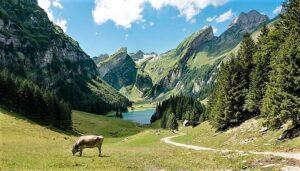

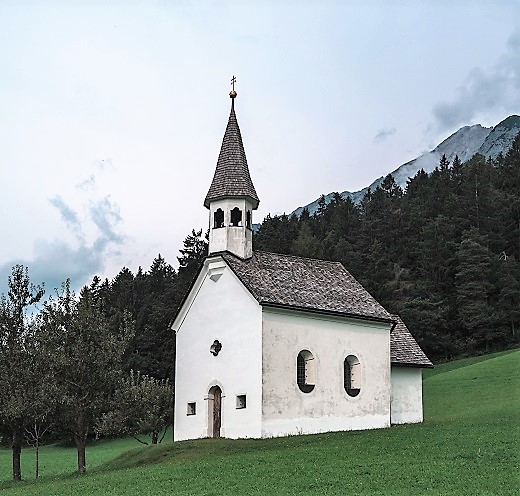
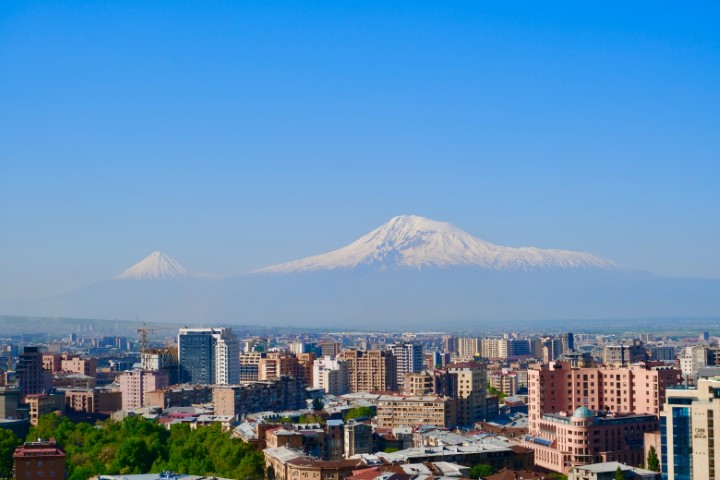
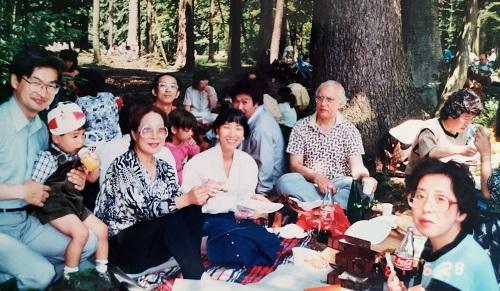










![Testimony of Megumi Ono [Philippians 4:6-7 (NLT)]](https://mustardseedchapel.com/wp-content/uploads/2020/07/profile7-768x1024-2-150x150.jpg)



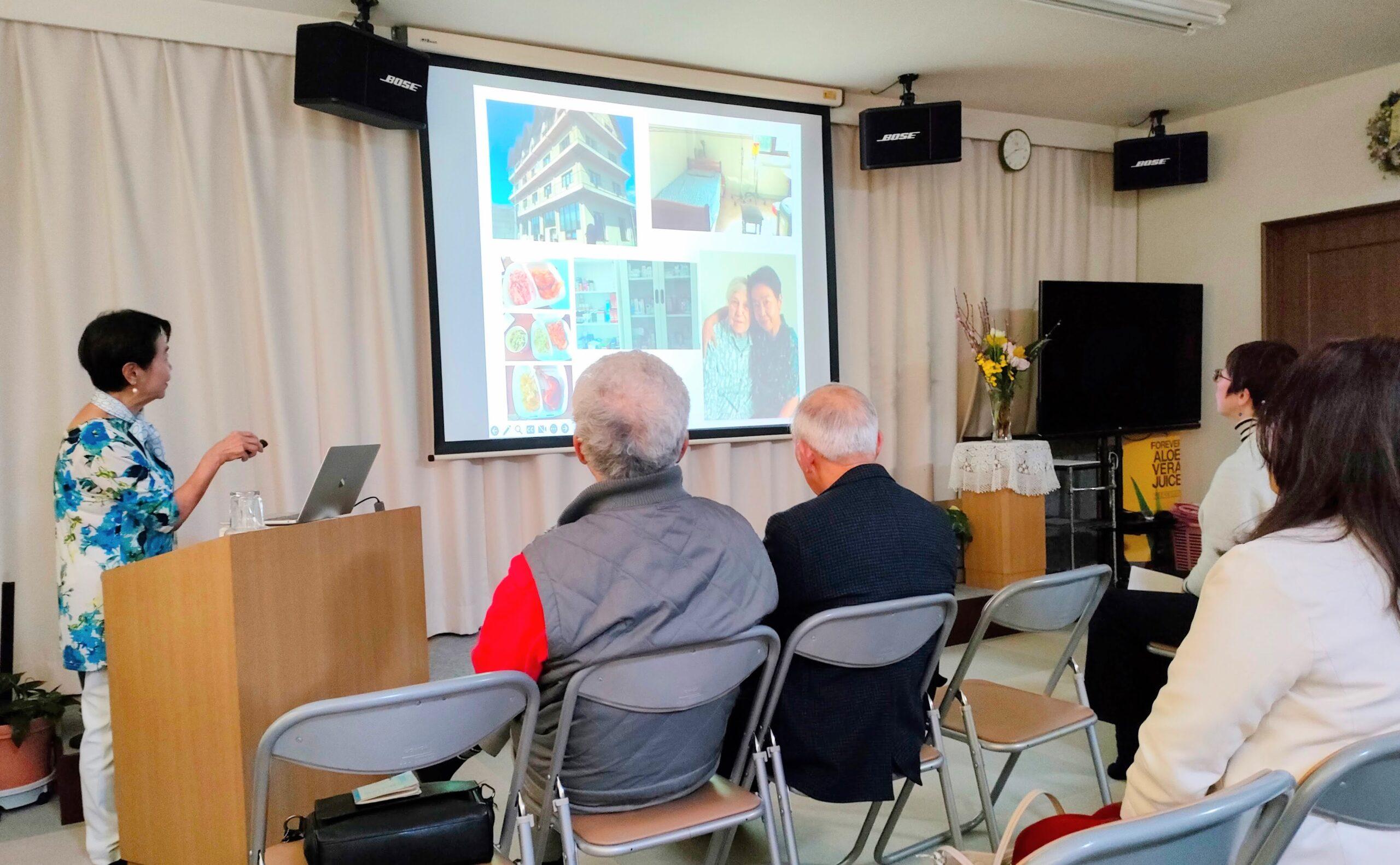

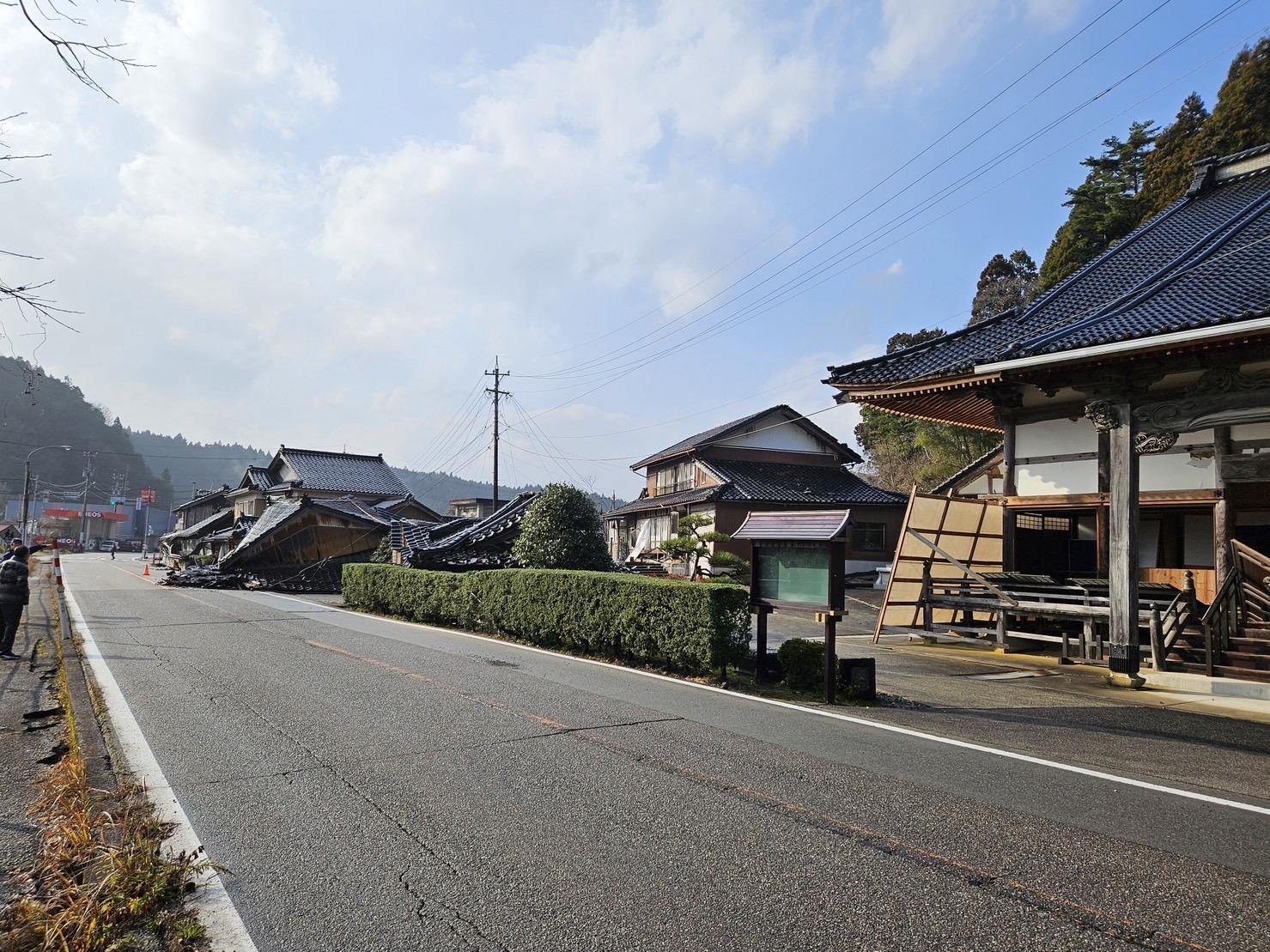
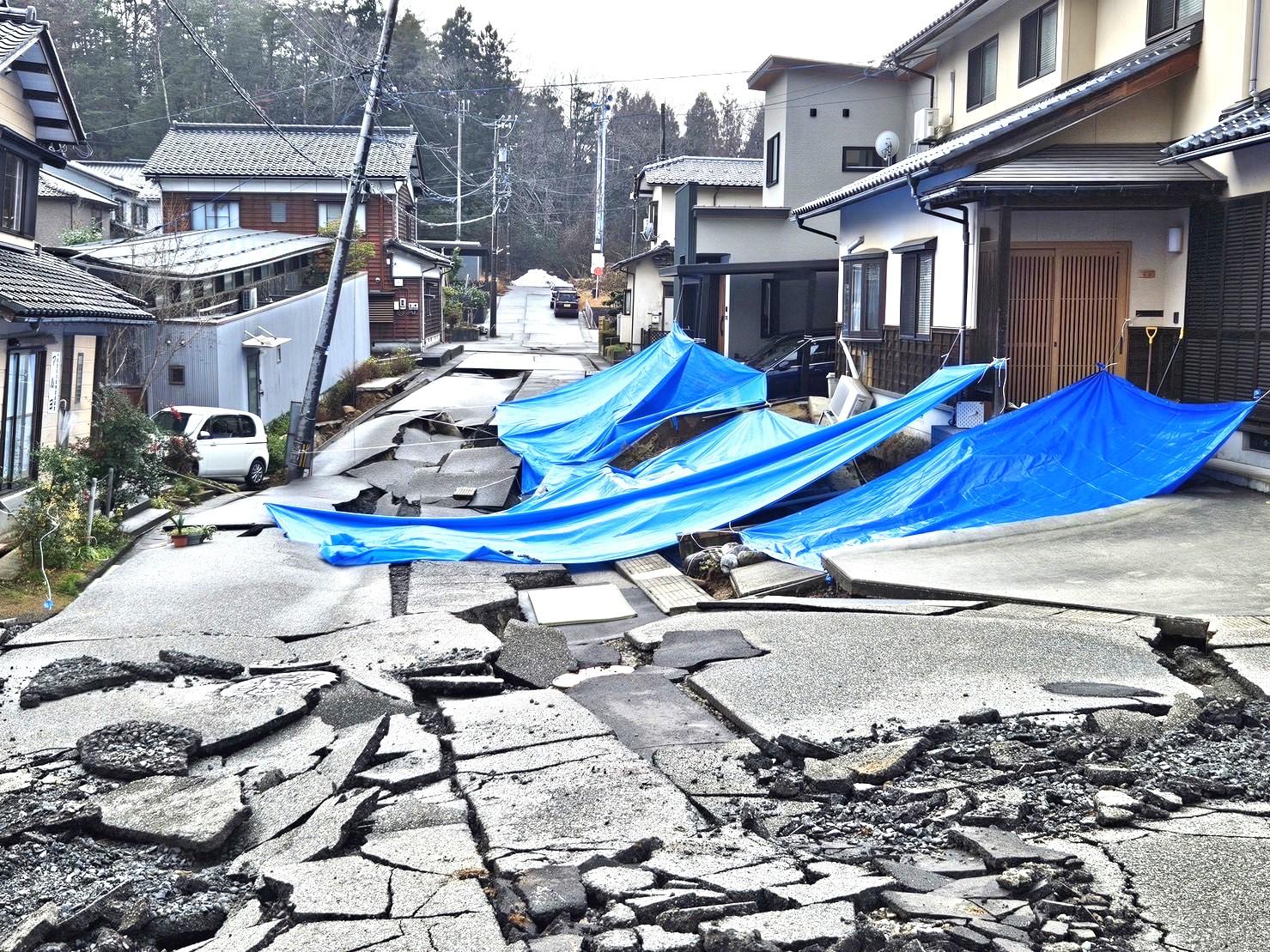
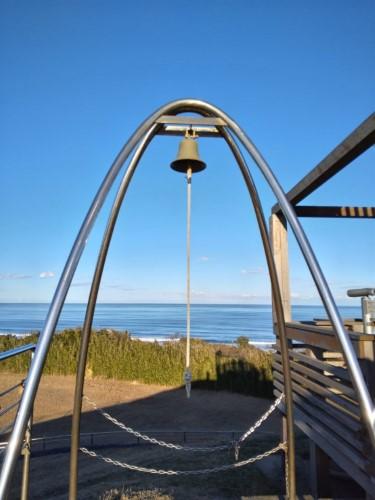

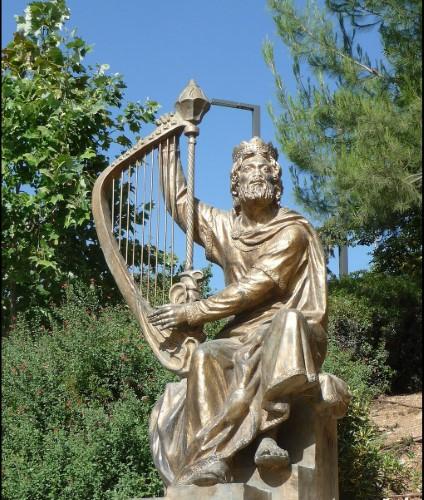




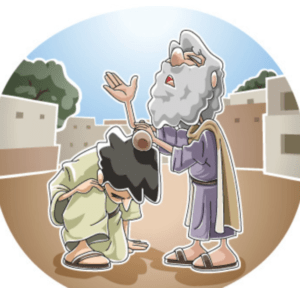

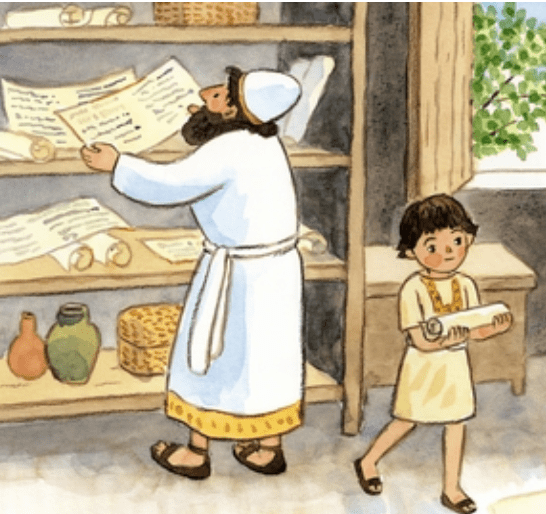

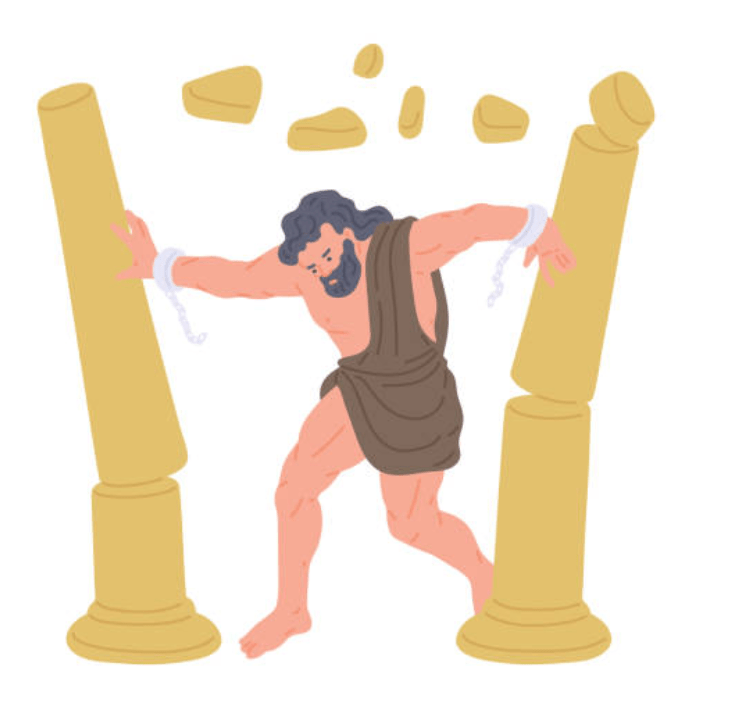

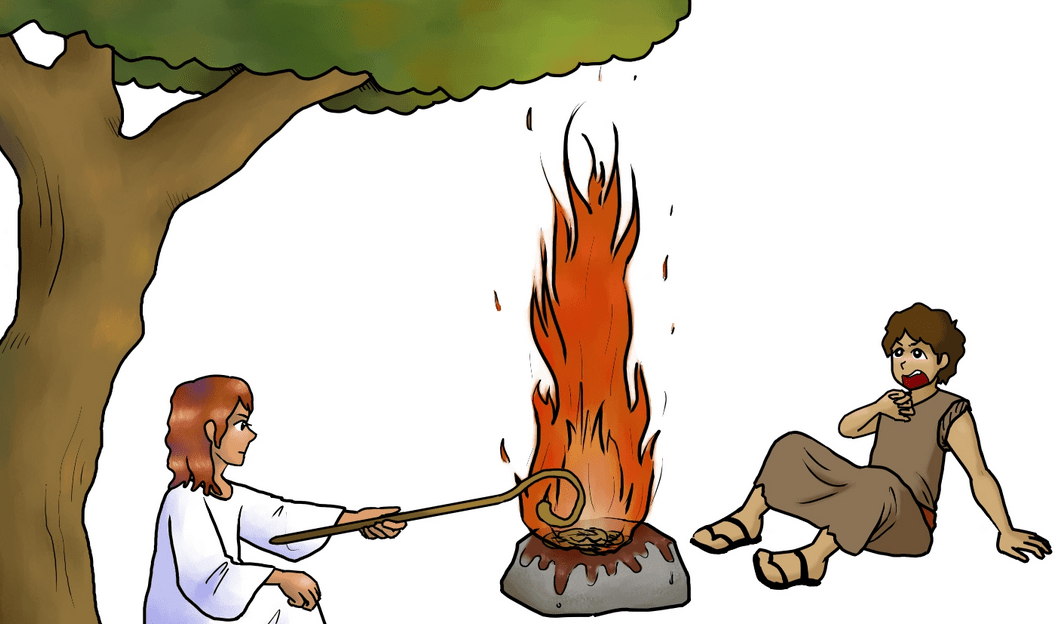
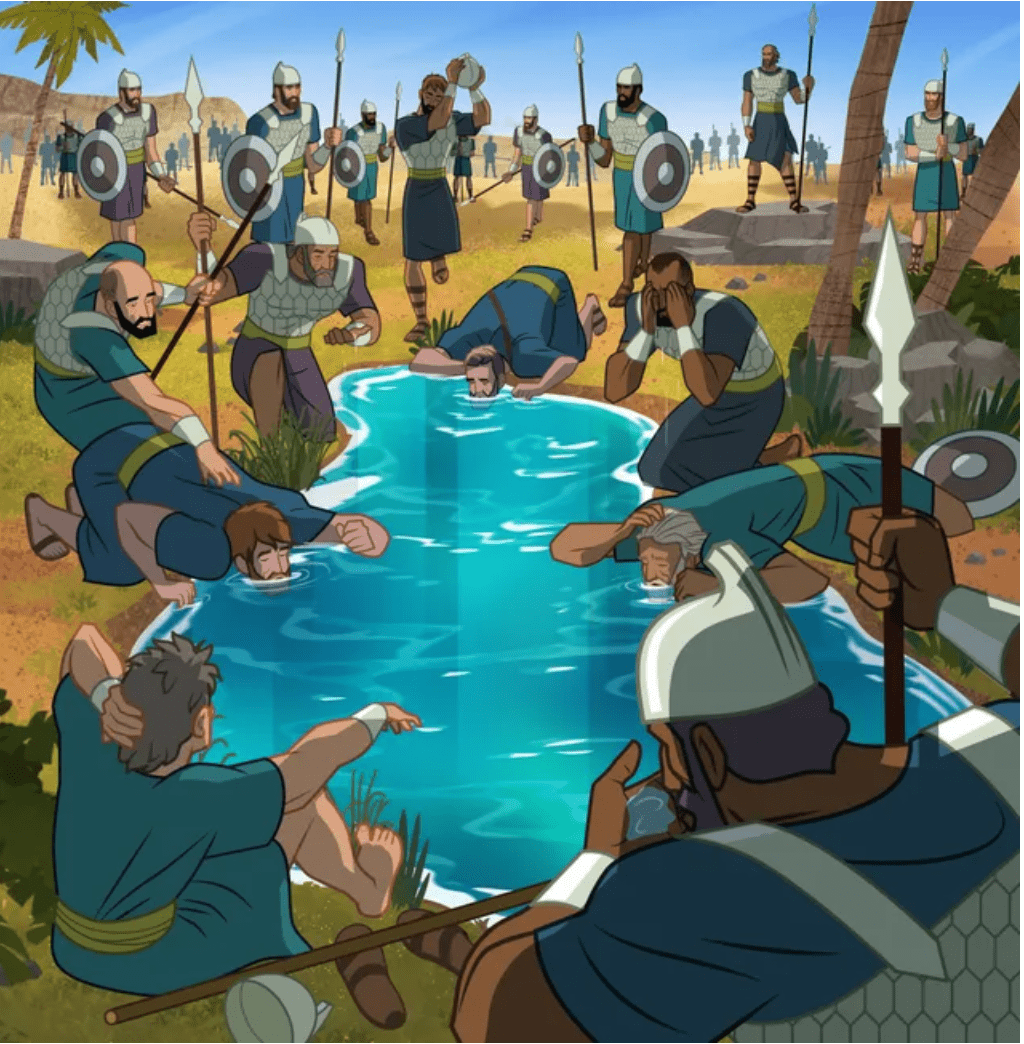
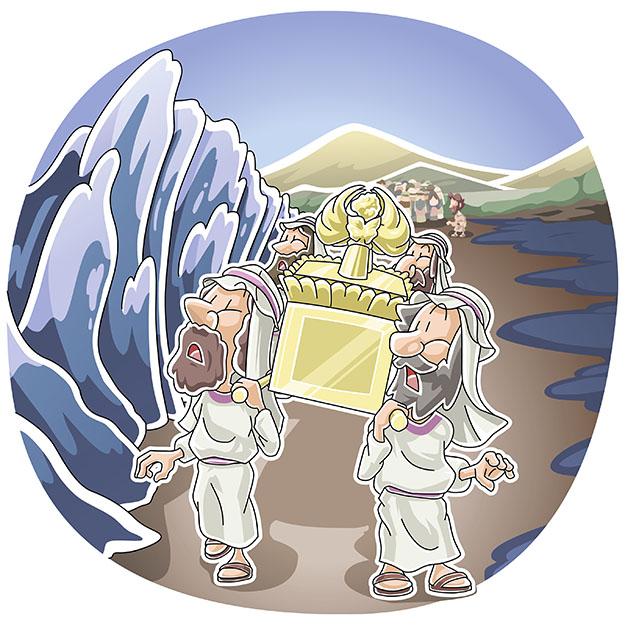
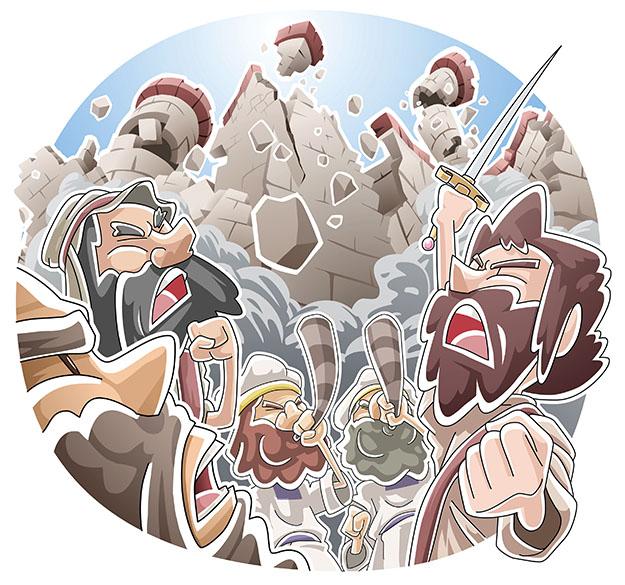









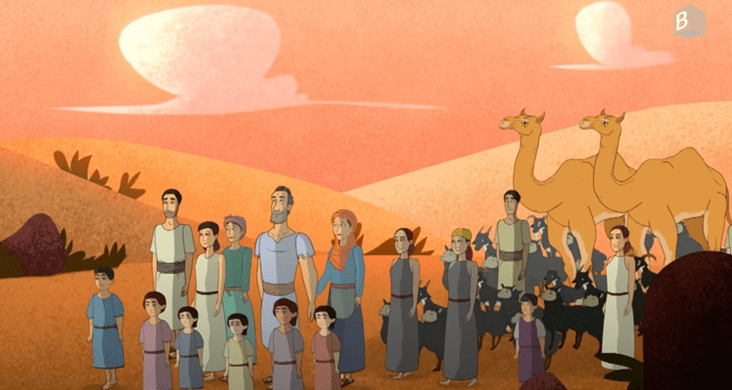












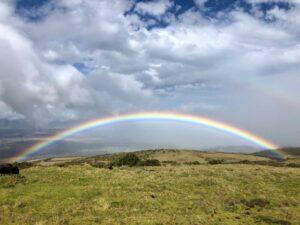






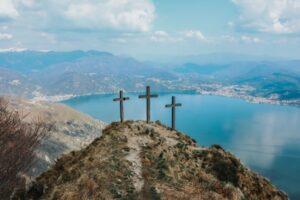
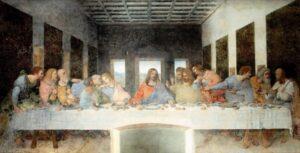
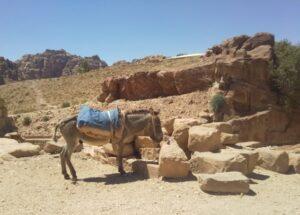
























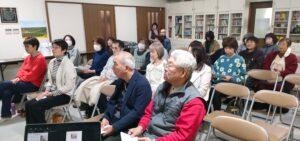

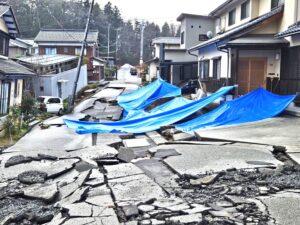
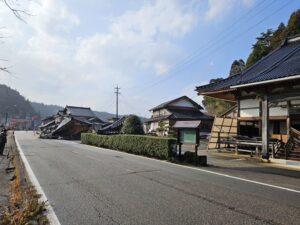
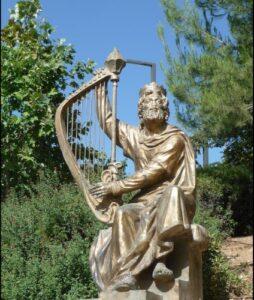

 からし種チャペルの活動に関しては、ここからお入りください。皆様のご参加をお待ちしています。
からし種チャペルの活動に関しては、ここからお入りください。皆様のご参加をお待ちしています。